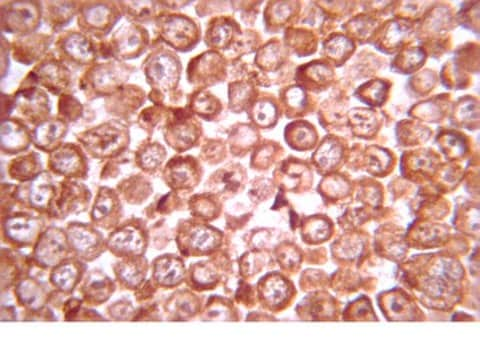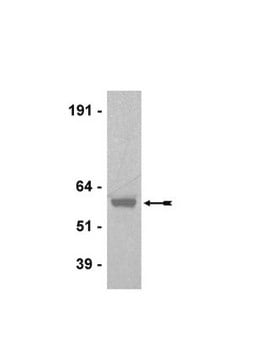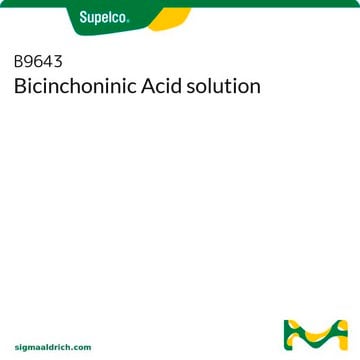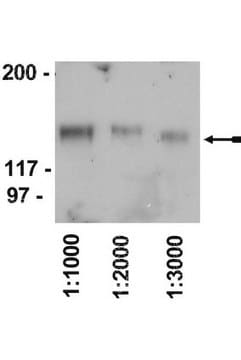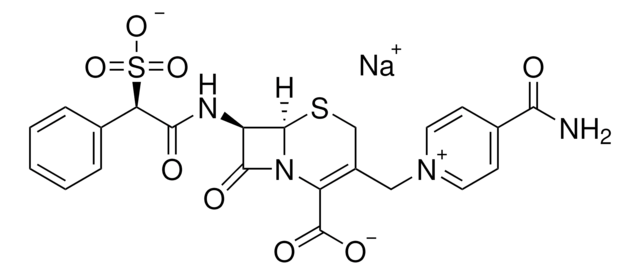04-771
Anti-Akt2/PKBβ Antibody, clone AW114, rabbit monoclonal
clone AW114, from rabbit
Sinónimos:
AKT2 kinase, Murine thymoma viral (v-akt) homolog-2, PKB beta, Protein kinase Akt-2, Protein kinase B, beta, rac protein kinase beta, v-akt murine thymoma viral oncogene homolog 2
About This Item
Productos recomendados
biological source
rabbit
Quality Level
antibody form
culture supernatant
antibody product type
primary antibodies
clone
AW114, monoclonal
species reactivity
rat, human, mouse
technique(s)
immunoprecipitation (IP): suitable
western blot: suitable
isotype
IgG
NCBI accession no.
UniProt accession no.
shipped in
dry ice
target post-translational modification
unmodified
Gene Information
human ... AKT2(208)
General description
Specificity
Immunogen
Application
Signaling
PI3K, Akt, & mTOR Signaling
Quality
Target description
Linkage
Physical form
Storage and Stability
Handling Recommendations: Upon receipt, and prior to removing the cap, centrifuge the vial and gently mix the solution. Aliquot into microcentrifuge tubes and store at -20°C. Avoid repeated freeze/thaw cycles, which may damage IgG and affect product performance.
Analysis Note
L6 cell lysate
Other Notes
Disclaimer
¿No encuentra el producto adecuado?
Pruebe nuestro Herramienta de selección de productos.
Storage Class
12 - Non Combustible Liquids
wgk_germany
WGK 1
flash_point_f
Not applicable
flash_point_c
Not applicable
Certificados de análisis (COA)
Busque Certificados de análisis (COA) introduciendo el número de lote del producto. Los números de lote se encuentran en la etiqueta del producto después de las palabras «Lot» o «Batch»
¿Ya tiene este producto?
Encuentre la documentación para los productos que ha comprado recientemente en la Biblioteca de documentos.
Nuestro equipo de científicos tiene experiencia en todas las áreas de investigación: Ciencias de la vida, Ciencia de los materiales, Síntesis química, Cromatografía, Analítica y muchas otras.
Póngase en contacto con el Servicio técnico